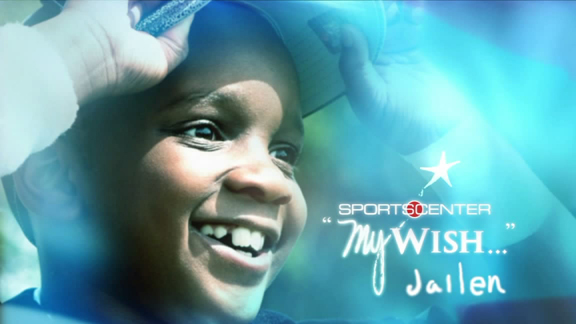Serendip is an independent site partnering with faculty at multiple colleges and universities around the world. Happy exploring!
Tearjerkers




Tearjerkers. The Biggest Loser. Extreme Makeover: Home Edition. Sportscenter’s “My Wish.”
Why would a television show about obese individuals competing to lose weight to win a hefty cash prize be more likely to produce tears than a news clip about the war abroad? Is it an emotional connection to the characters? Maybe. Is it an acceptable human reaction to feel moved when witnessing other people’s tears? Maybe.
More interestingly, however, than questioning why The Biggest Loser makes me emotional, is exploring why the latter, news clips about the war abroad (or other global tragedies) are so often devoid of emotion, so cold and so distant. Butler’s article ”Violence, Mourning, Politics” addresses this concern. When the war is even in the news it is rarely elicits the emotional response I described from a show as deplorable as The Biggest Loser. I recently remember in early August when insurgents shot down a U.S. military helicopter in Afghanistan that killed 30 soldiers, NBC News read a letter from a young boy whose father had died in the incident. The young boy wrote a heartfelt letter explaining that he had seen photos of other soldiers in news coverage, and asking if the attached photos of his own father could be included as well. My sister and I were both in tears by the end of the short segment. It fulfilled the function of the obituary that Butler explains in her article. We were given insight into this man’s life, heard his son’s voice, and humanized him. The experience of watching that news segment with my sister has stuck with me, much more than reading facts about it and the President’s official reaction, like this article about the same event. It reminded me of this image that circulated around the internet a few days ago:

However, importantly, these stories are about American soldiers. Meanwhile, the countless other victims of current worldwide tragedies remain nameless. Even pictures of the starvation in East Africa cannot sufficiently reach this level of emotional connection without a humanizing force, giving a name to the victims and their families. Many children dying every day can mean much less if they are denied public recognition--this is a much more powerful force than any potential deeper emotional connection for fellow countrymen.


